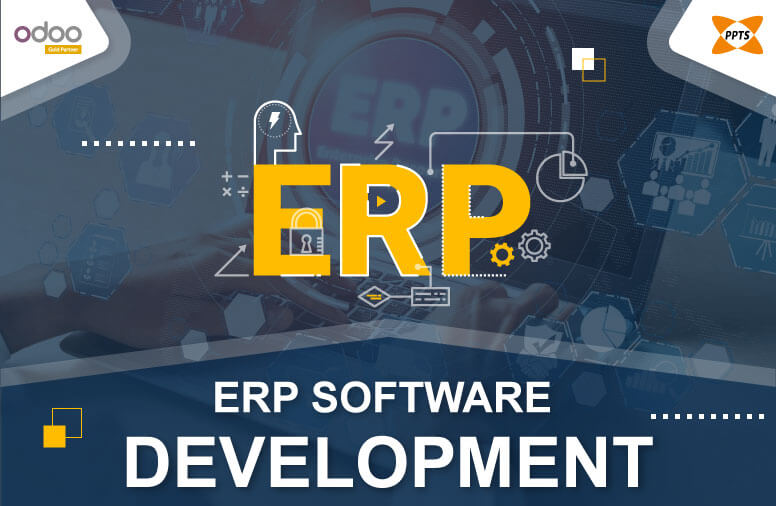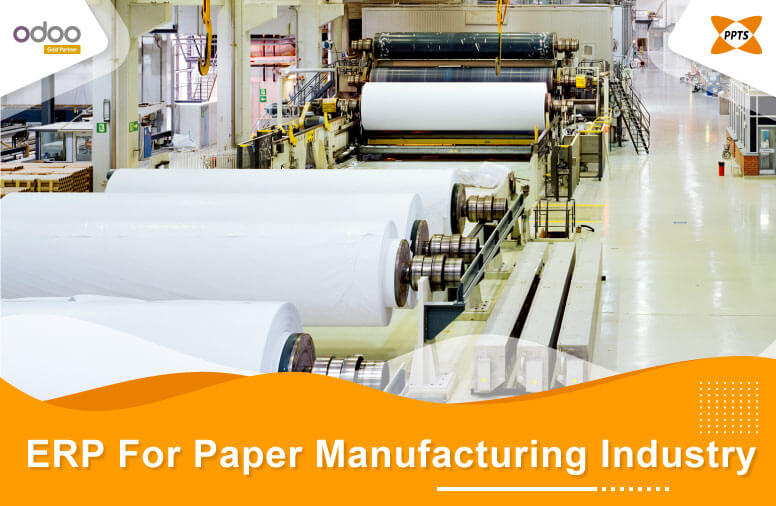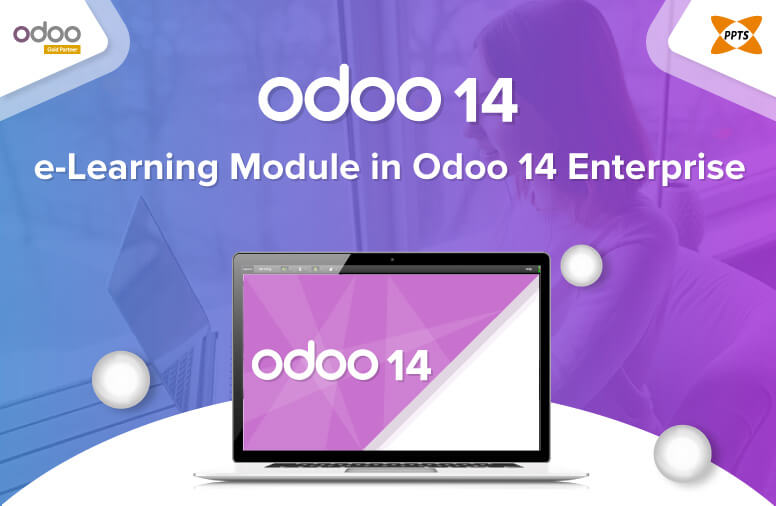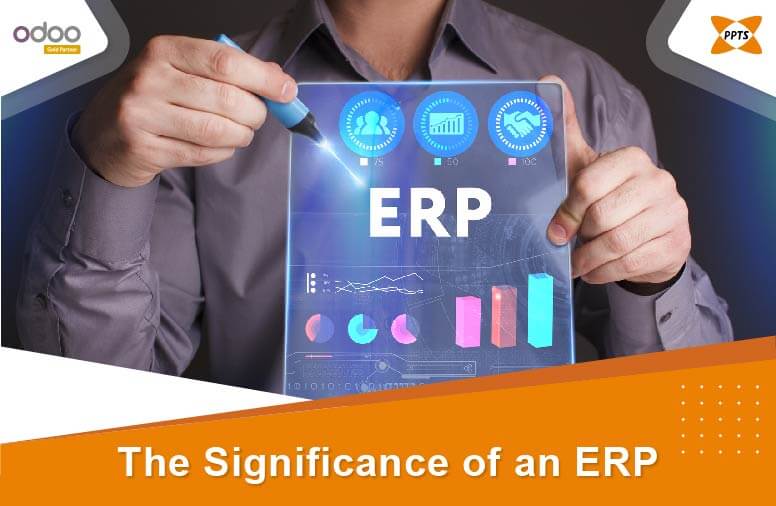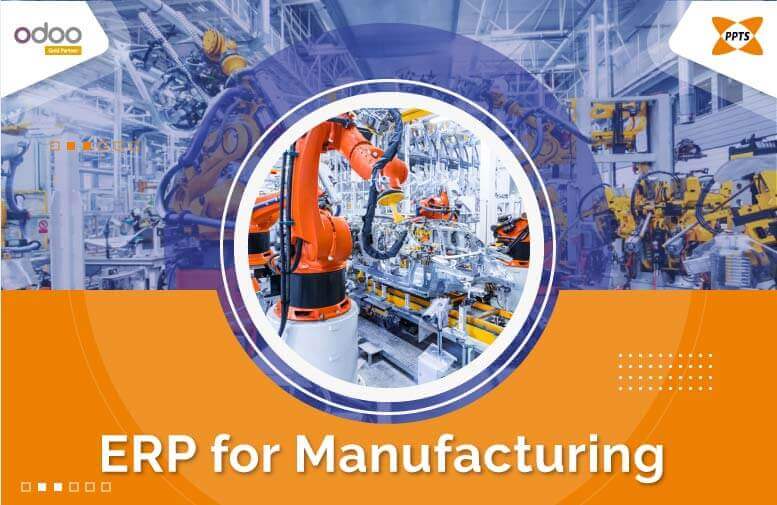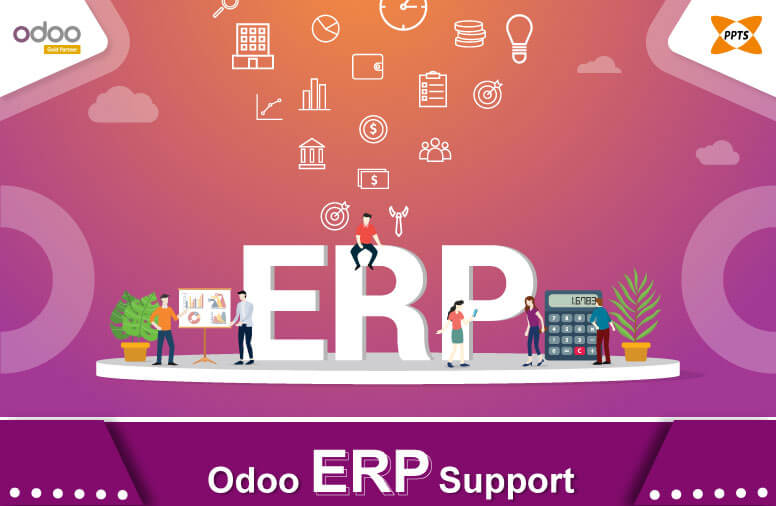ERP has been evolving constantly through the years. It has been subjected to so much alteration, adjustments, arrangements, and amalgamation, that what ERP is today is not what it used to be years ago.
But what exactly is ERP? and what is with the hype around it?
Enterprise resource planning systems are software systems that help manage businesses in one place with certain modules for various supporting functional areas. These include financial, project management, inventory management, service and maintenance, and so on.
Thus business would now be able to facilitate the transparent integration of its systems with the enterprise.
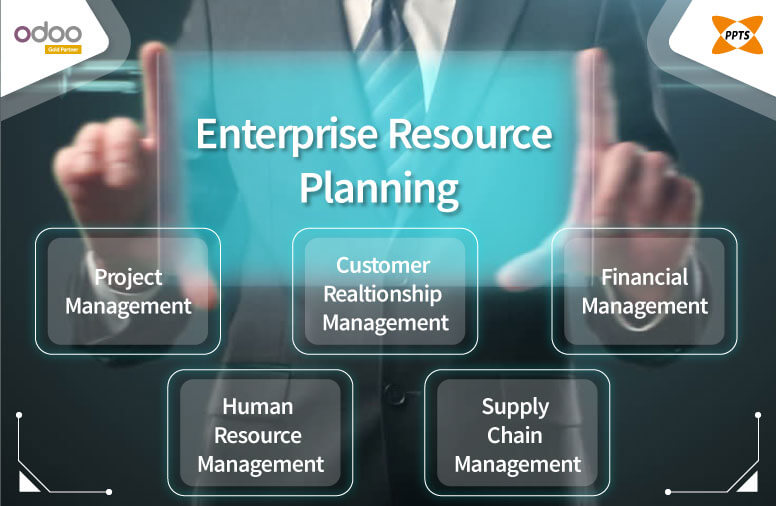
ERP however has evolved with purpose. Historically, corporate computing with ERP usually allowed companies to replace and re-engineer their incompatible legacy systems. According to Tadjer in 1998, it is the existence of a single database, one solely combined application, a unified interface for the enterprise. The purpose however has not changed for ERP software no matter what change it has seen through the years.
Here is how ERP ideally benefits a business in key aspects:
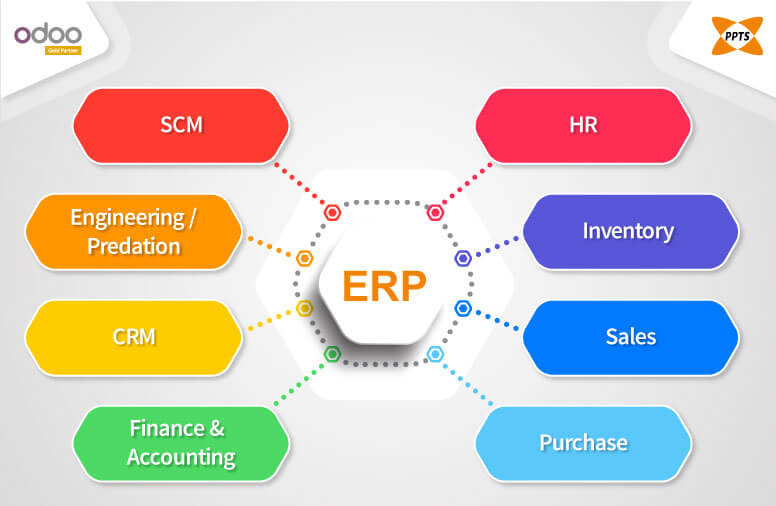
-
Reliable information access
ERP modules come with a common DBMS, consistent and accurate data along with standardized reports.
-
Avoid data and operations dismissal
The ERP Modules that are streamlined within the ERP have the same access to data from the central database which in turn avoids multiple data inputs and any risk of uninformed update operations.
-
Delivery and cycle time reduction
This is mainly to minimize any report retrieval delays thus making it very cost-efficient, less time-consuming, and much controllable.
-
Easy adaptability
This ensures the changes in business processes that will eventually make it easy to adapt and restructure.
-
Improved scalability
This ensures the structured and modular design with all the required and needed “addons.”
-
Global outreach
ERPs have now been able to add to it many extended modules such as CRM and SCM.
There is no doubt that ERP systems have seen the biggest shift since the digital transformation phase. The primary characteristics of an ERP have however never really changed.
They are:
Modular design comprises many different business modules such as manufacturing, financial, distribution, accounting, etc.
- Usage of a centralized common database management system (DBMS)
- The integration of modules that provide seamless data flow thus increasing operational transparency
- They are generally complex systems that come with a fairly high cost
- They are flexible and offer the best business practices for businesses
- They however require time-consuming tailoring and lengthy configuration setups for integrating the entire company’s business functions
- The ERP modules work in real-time with online and batch processing capabilities
The core processes addressed by an ERP system is definite—security, identity, orders,finances, deliveries and payments.
Thus in a nutshell,
Any company’s ERP software must be agile enough, fungible enough, to allow for the new processes to integrate in a timely and cost-effective fashion.
So even if digitalization has been at an all time high, ERP systems should be able to adapt to the change in business requirements that follow a technologically-driven world.
Are you Ready to Implement ERP Software for your Business?
-
What is ERP ?
Enterprise resource planning refers to the software that organizations use to manage and maintain the day-to-day business activities of any business.
-
How ERP Works?
ERP integrates all the basic functions in one place and streamlines the processes in place. So companies can effortlessly automate their business with a clear roadmap to follow. That is why ERP is also often known as the back-office software.
-
What are the key modules in ERP Software?
The most common modules in any ERP system are Human resources, financial, supply chain, inventory and customer relationship management.
-
What are the industries using ERP?
Some of the major industries that use ERP are the healthcare, construction and distribution services as well as the industrial services and so on. By implementing an effective ERP system, they are able to better understand their business processes and make progress decisively.

